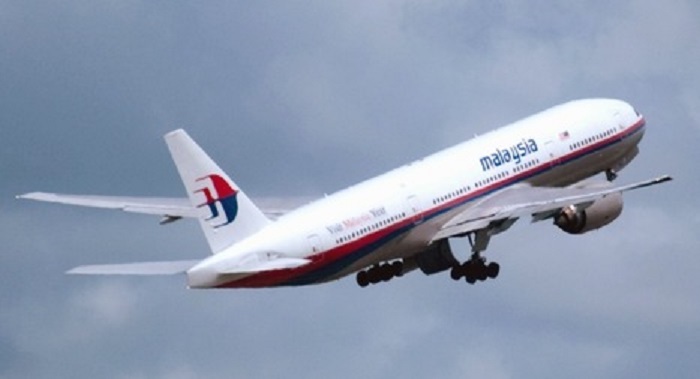Several pieces of wreckage suspected to have come from the plane have washed ashore on coastlines around the Indian Ocean since the aircraft vanished with 239 people on board during a flight from Kuala Lumpur, Malaysia, to Beijing on March 8, 2014.
The wing flap brings to five the number of pieces of debris the Australian Transport Safety Bureau has determined are almost certainly, or are definitely, from Flight 370. Another piece of wing found a year ago on La Reunion Island, near Madagascar, was positively identified by French officials.
Search officials expect more wreckage to wash up in the months ahead. But so far, none of the debris has helped narrow down the precise location of the main underwater wreckage.
The Australian Transport Safety Bureau anticipates search crews will complete their sweep of the 46,000-square mile search zone in the Indian Ocean off Australia`s west coast by December.
Meanwhile, oceanographers have been analyzing the wing flaps from La Reunion and Tanzania in the hope of identifying a possible new search area through drift modeling. But a new search would require a new funding commitment, with Malaysia, Australia and China agreeing in July that the $160 million hunt will be suspended once the current stretch of ocean is exhausted unless new evidence emerges that would pinpoint a specific location of the aircraft.
Earlier this week, relatives of some of the passengers on board the plane met with officials from the transport bureau and asked that more potential debris found around the Indian Ocean be examined. The families believe those items may help provide clues to the plane`s location.
More about:
















































